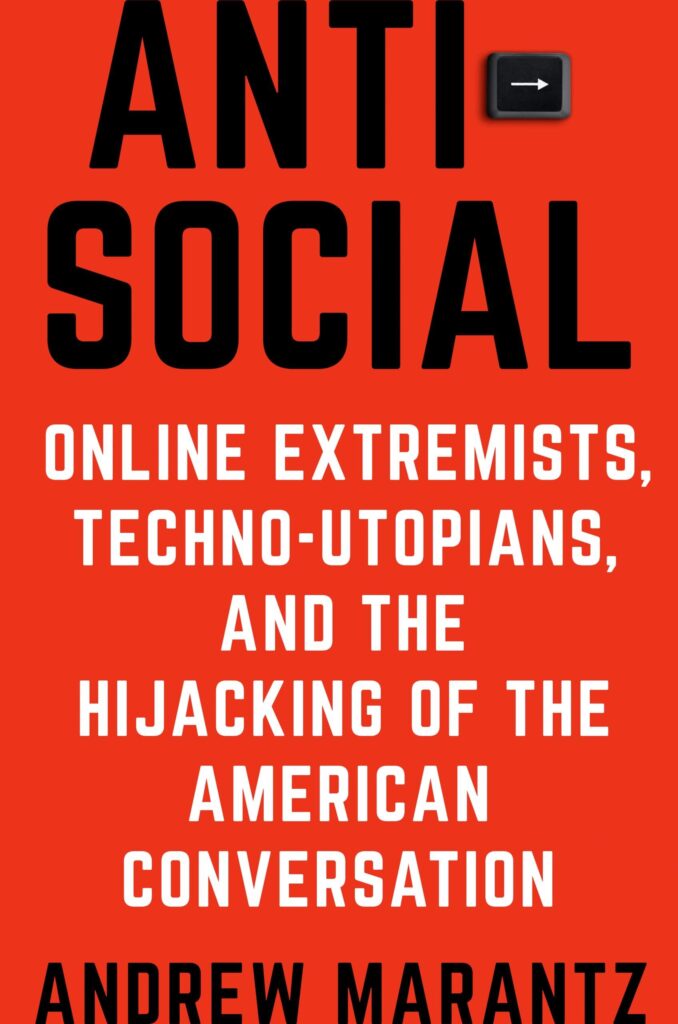The Rise of Anti-Technology Sentiment: A Critical Examination
In today’s world, where technology is deeply embedded in our daily routines, the very innovations meant to enrich human life have sparked a significant backlash known as anti-technology extremism. The discourse surrounding this movement highlights concerns that technology may infringe upon personal liberties, disrupt societal norms, and even threaten the essence of humanity itself. As we become increasingly dependent on artificial intelligence and digital networks, a growing faction has emerged to oppose what they view as an impending technological dystopia. Insights from the International Centre for Counter-Terrorism (ICCT) reveal the ideologies driving this phenomenon and how apprehensions about future technologies are fueling extreme anti-tech sentiments. This discussion encourages us to reflect critically on how we can balance innovation with caution in an era where progress comes with its own set of risks.
Understanding the Roots of Anti-Tech Extremism
The rise of anti-tech extremism can be linked to various ideological foundations that question modern society’s understanding of progress. Central to these beliefs is a profound anxiety regarding surveillance and privacy erosion; many activists argue that technology exacerbates social inequalities and diminishes human dignity. This viewpoint often draws from strong dystopian themes portraying technology as a mechanism for oppression—one that empowers governments and corporations to surveil and control individuals more effectively. Such narratives resonate particularly with those who feel marginalized by rapid technological advancements, fostering a culture that prioritizes traditional values over innovative change.
Furthermore, these ideologies are gaining global traction as anti-technology movements unite diverse groups under shared grievances against perceived technological oppression. This growing solidarity underscores the necessity for policymakers and tech leaders to engage meaningfully with these communities’ concerns. Strategies such as enhancing transparency in tech implementation, promoting digital literacy initiatives, and involving local populations in shaping tech policies could help address underlying issues while reducing radicalization risks.
Strategies to Counter Technological Dissent
As skepticism towards technological advancements rises alongside fears about their implications, it becomes essential to adopt comprehensive strategies aimed at countering anti-technology sentiment effectively. By facilitating open dialogues among stakeholders—including community members—concerns fueling extremist views can be better understood and addressed through collaborative efforts.
- Community Engagement: Initiatives designed to connect with individuals expressing anti-tech sentiments can clarify misconceptions about innovations while highlighting their benefits.
- Educational Outreach: Launching campaigns focused on dispelling misinformation surrounding technology through workshops or seminars enhances public comprehension.
- Pursuit of Ethical Technology: Advocating for technologies developed with ethical considerations may alleviate fears related to privacy breaches or job losses.
A cooperative approach involving governments, tech firms, and civil society organizations is vital in creating robust defenses against rising dissent towards technology use. Establishing task forces dedicated specifically to monitoring extremist rhetoric will enable timely responses aimed at mitigating threats posed by radicalized factions opposed to technological advancement.
| Action Item | Description |
|---|---|
| Create Inclusive Policies | Cultivate regulations addressing public anxieties while ensuring responsible innovation continues unabated. |
| Host Open Discussions | Encourage forums allowing citizens opportunitiesto express concerns directlyto technologistsand policymakers . |
| < strong >Invest In Research< / strong > td >
<< td >Allocate funding toward studying social impacts associated with emerging technologies , enabling better understanding of dissent .< / td > tbody > table > h2 id = “fostering-resilience-through-digital-literacy” > Fostering Resilience Through Digital Literacy h2 > p > In an era where online platforms amplify both progressive movementsand harmful ideologies , enhancing digital literacy emerges as crucial strategy for communities combating extremist narratives . Equipping individuals with skills necessaryto critically assess online information fosters not only technologically adept generations but also discerning consumers capable of distinguishing fact from fiction . Key components include : p > ul > ul > p To effectively counteract extremist narratives , educational programs must incorporate these elements into curricula . Initiatives promoting active engagement alongside discussions regarding duality inherent within technologies cultivate deeper insights among participants . Collaborations between local organizations enhance outreach efforts ensuring resilience-building activities target specific vulnerabilities across demographics . Strategic approaches might encompass : p > div class = “wp-block-table” > |
|
